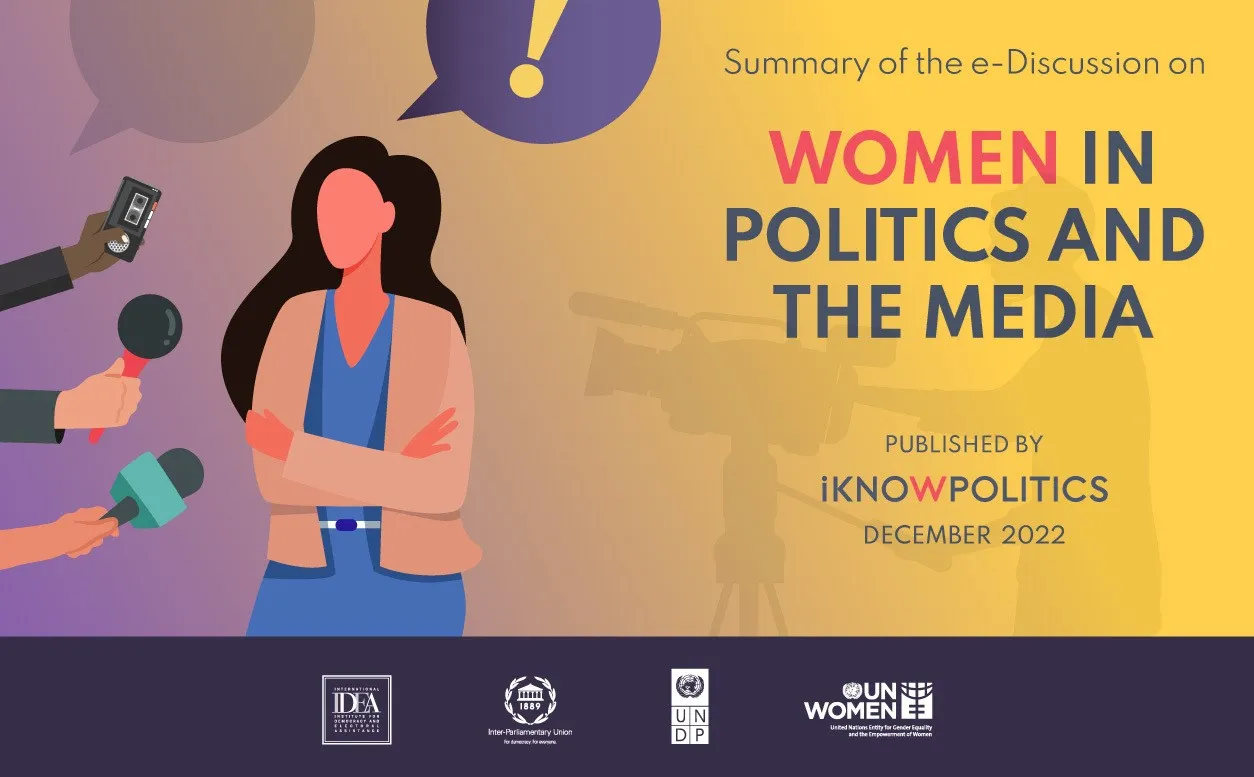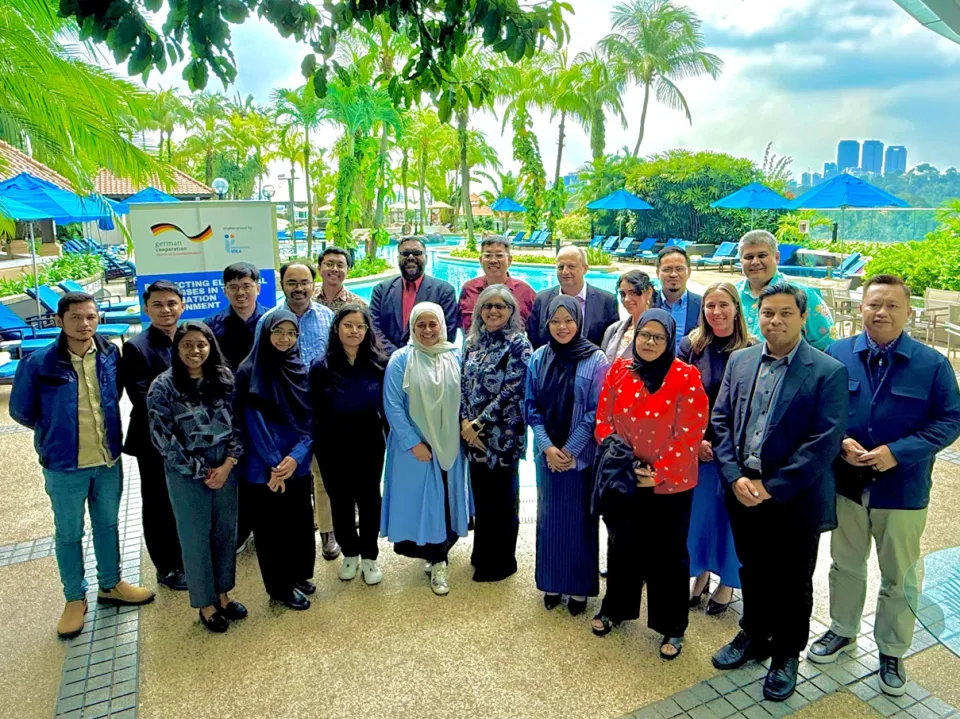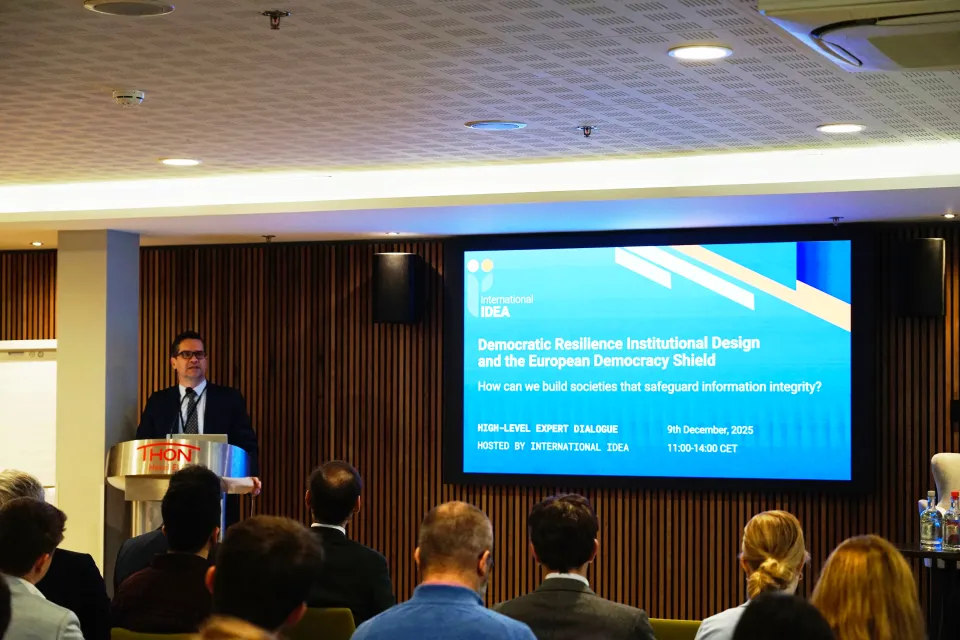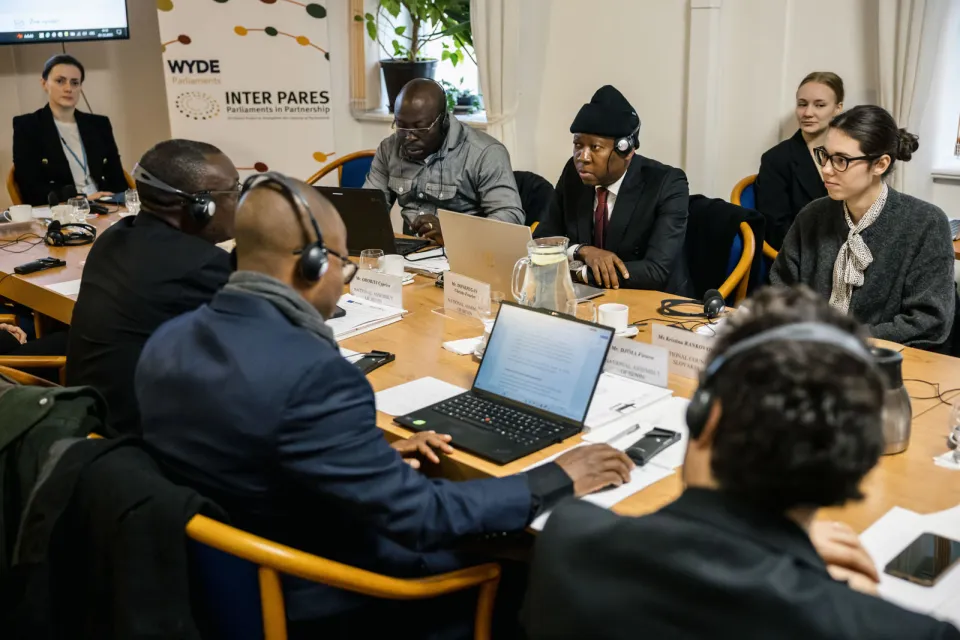
Women in politics face biased, sexist, and discriminatory media treatment. Research over the past few decades reveals that women in politics continue to be at a disadvantage when it comes to media coverage. When reporters cover women in politics, they often use terms that emphasize women's traditional roles and focus on their appearance. They perpetuate stereotypes of women politicians as weak, indecisive, and emotional.
Women in politics, particularly women of color, experience overwhelming levels of abuse and gendered disinformation campaigns, which traditional and social media often fuel and perpetuate. With the purpose of discrediting, delegitimizing, and silencing women in politics, studies have shown that women are often discouraged and dissuaded from getting involved in politics because of gendered media reporting.
Sexist media coverage contributes to the under-representation of women in politics. A worldwide study found that while women’s position has generally progressed, it is slower in media representation and politics. Further, it concluded that the more there is sexism in the media, the less women candidates there are. The media has a powerful influence on voters and gender differences in media coverage can have real electoral consequences. Not only can it dissuade women from engaging in politics, but it also discourages political parties and political elites from selecting women as candidates.
iKNOW Politics organized an e-Discussion to raise awareness and collect experiences and knowledge on gender differences in political media coverage, its impact on women’s political participation and representation, as well as gather good practices and recommendations on ways to counter the negative impact of media portrayals of women in politics with fair and unbiased coverage.
See the e-Discussion report here (also available in Arabic, French, and Spanish).




